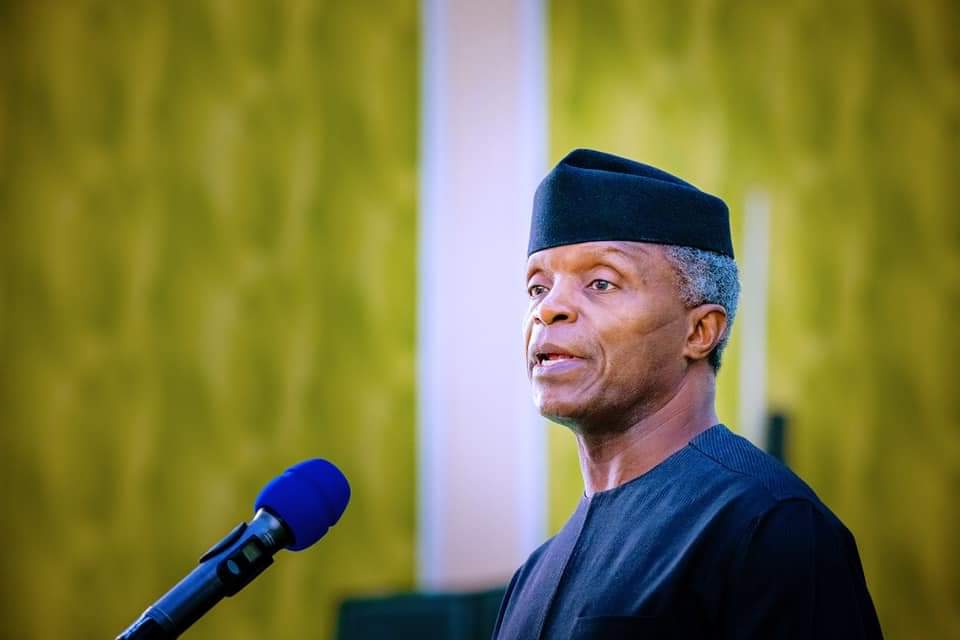Vice-President Yemi Osinbajo says a more effective and balanced female representation and participation in politics and government will have a major impact on the country’s socio-economic future and overall national development just like the example of the education of the girl-child.
Prof. Osinbajo stated this Thursday as the Special Guest of Honour at the 2022 Women Directors’ Conference.
The Vice President, who spoke in a pre-recorded message on the theme of the Conference: Facing Forward – The Evolving Nature of Boards in a Rapidly Changing World, called for more female representation in leadership positions in government and across different sectors, “as an economic imperative and not a moral duty of men or mere concession by men.”
He said, “a country that keeps down half of its productive demography is bound to perform sub-optimally. But the issue is not just board representation, it is about representation in politics and government this is where major decisions affecting our lives are made. But perhaps, most importantly, it is about the education of girls.
“The high levels of female illiteracy are dangerous from all possible standpoints. If half your population is uneducated, it means that development and being competitive in a knowledge-driven world will not happen or will happen too slowly to be of much use.”
Prof. Osinbajo, who highlighted the importance of girl-child education to national development, urged more efforts by governments at all levels in improving girl child education.”
Prof. Osinbajo, who also highlighted global studies which showed the influence of women in improving society, said the Deloitte study revealed that companies with female Board Chairs or CEOs are usually more diverse and more gender-balanced than companies with male Board Chairs and CEOs.
The vice president, who declared open the conference, said “Nigeria beats the world average by over 3%, which shows clearly positive movement in the male-dominated boardrooms.”
He, however, said that more needed to be done to increase the number of women’s representation in government positions.
“Only last year an attempt to pass legislation mandating women to fill 35% of appointed positions in government and 35% of elective positions failed in the National Assembly. After considerable local and international criticism, it appears the matter is being reconsidered by the legislature,” he said.


